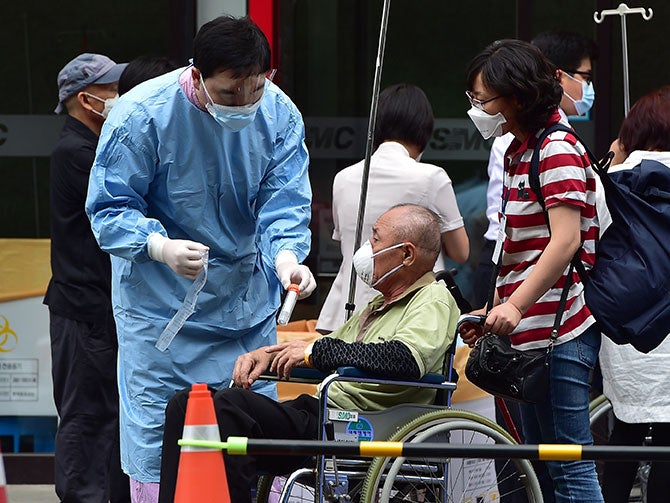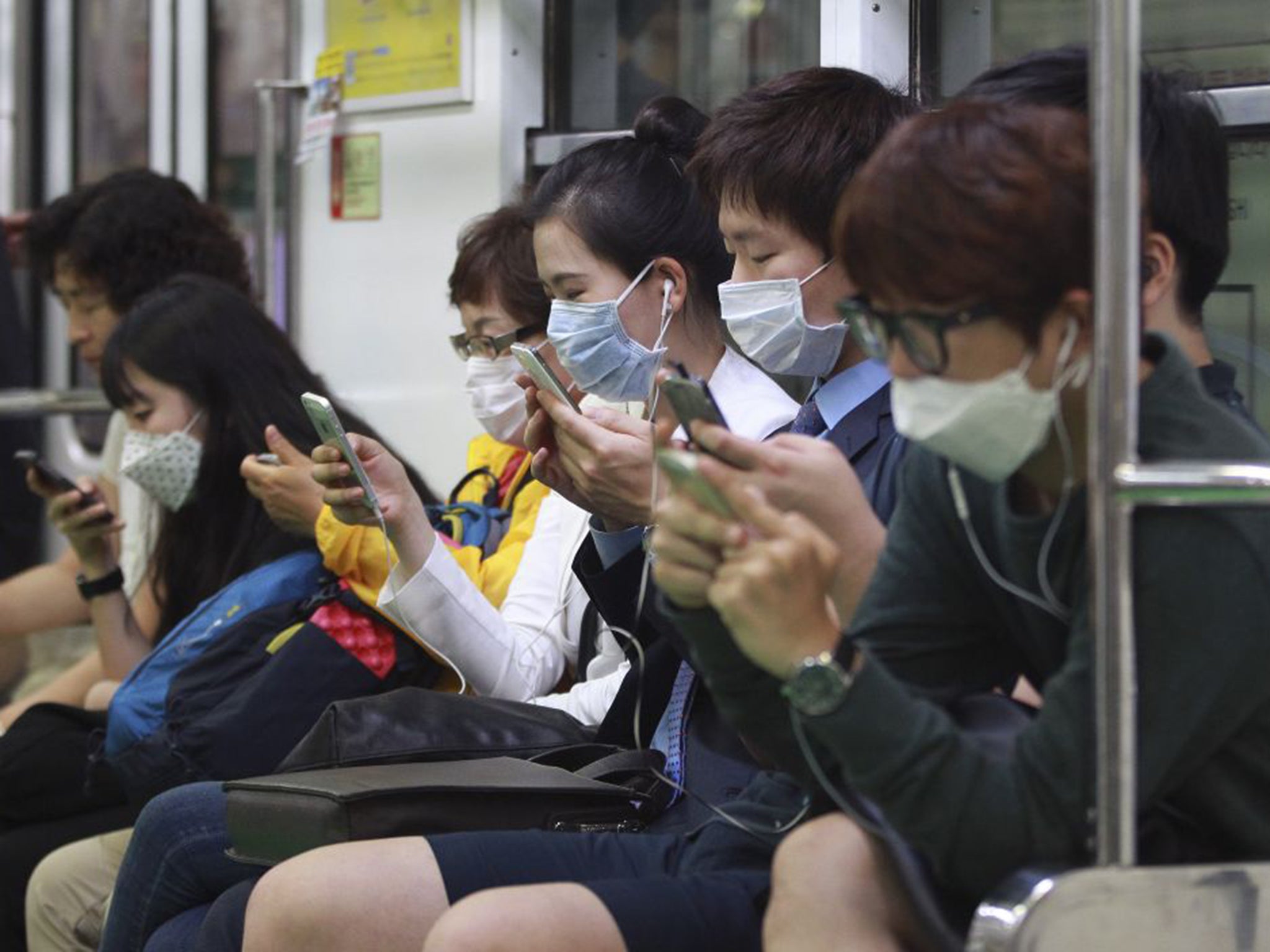Mers outbreak: Don't drink potentially fatal camel urine, WHO warns
World Health Organisation has warned people to observe 'food hygiene practices' to prevent its spread

Your support helps us to tell the story
From reproductive rights to climate change to Big Tech, The Independent is on the ground when the story is developing. Whether it's investigating the financials of Elon Musk's pro-Trump PAC or producing our latest documentary, 'The A Word', which shines a light on the American women fighting for reproductive rights, we know how important it is to parse out the facts from the messaging.
At such a critical moment in US history, we need reporters on the ground. Your donation allows us to keep sending journalists to speak to both sides of the story.
The Independent is trusted by Americans across the entire political spectrum. And unlike many other quality news outlets, we choose not to lock Americans out of our reporting and analysis with paywalls. We believe quality journalism should be available to everyone, paid for by those who can afford it.
Your support makes all the difference.The World Health Organisation has warned against drinking camel urine as it attempts to limit the latest outbreak of Middle East Respiratory Syndrome (Mers).
Seven people in South Korea have died as a result of Mers in the latest outbreak, the largest since the syndrome was first detected in the Saudi Arabia in 2012.
Authorities in Seoul confirmed the seventh death, of a 68-year-old woman who had a pre-existing heart condition, on Tuesday. There have been 95 infections and 2,500 people are currently in quarantine in South Korea.
The WHO guidance was issued in response to the infection of a 75-year-old man thousands of miles to the west, in Oman, last week. Mers, caused by a new strain of coronavirus, can affect people and animals, and one theory is that the syndrome started in animals before making the jump to humans.

Mers has been detected in camels, and humans have contracted Mers after coming into contact with camels. However, doctors are still not sure how how humans become infected.
The man, who was said to be in a stable condition on a hospital isolation ward after testing positive for Mers on 29 May, was reported by WHO to own "a barn with camels and young calves, and [have] frequent contact with them".
WHO said that those with pre-existing conditions including diabetes, renal failure and chronic lung disease are considered to be at high-risk from MERS.
"General hygiene measures" such as avoiding close contact with animals, especially camels, and hand-washing after coming into contact with animals, should be followed, WHO said.
A statement posted on the WHO website adds: "Food hygiene practices should be observed. People should avoid drinking raw camel milk or camel urine, or eating meat that has not been properly cooked."

Symptoms of Mers, which has killed over 400 people worldwide since September 2012, include fever, cough and breathing difficulties. More than 1100 infections have been confirmed. The first deaths were recorded in Saudi Arabia in June 2012.
The latest outbreak, in South Korea, has prompted Hong Kong and Macau to warn its citizens against non-essential travel to the country. The first South Korean to become infected was a businessman who visited Saudi Arabia for work.
Subscribe to Independent Premium to bookmark this article
Want to bookmark your favourite articles and stories to read or reference later? Start your Independent Premium subscription today.
Join our commenting forum
Join thought-provoking conversations, follow other Independent readers and see their replies
Comments